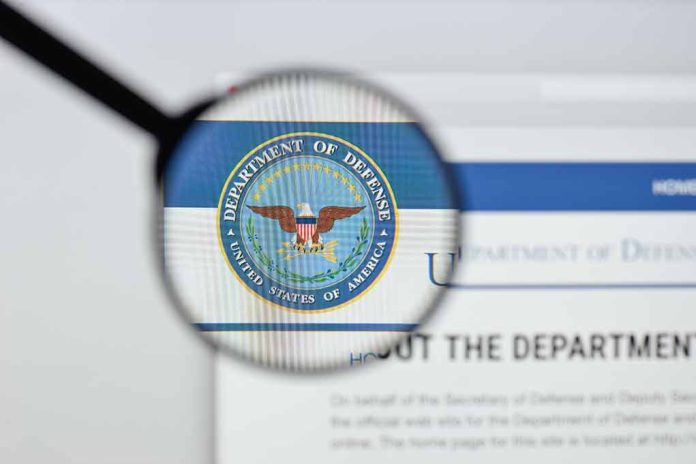
(NewsInsights.org) – On Tuesday, April 9, The Senate Armed Services Committee called Defense Secretary Lloyd Austin to testify regarding President Joe Biden’s $850 billion 2025 defense budget request. Department of Defense Comptroller Mike McCord and Joint Chiefs of Staff Chair General Charles “CQ” Brown joined Austin in his testimony. Austin detailed where the Pentagon would spend the funds.
After thanking the committee for supporting the US military, troops, and military families, Austin addressed the budget request. He said the Pentagon would focus on defending the nation by investing “in cutting-edge capabilities,” including $48.1 billion to update the nation’s naval fleet through shipbuilding and base renovations. He targeted another $61.2 billion to maintain the country’s dominant air defense capabilities.
Additionally, Austin told the committee that the Pentagon would allocate $13 billion to enhance Army and Marine combat abilities. The budget also earmarked $33.7 billion toward building and fortifying the nation’s space defense infrastructure. Military leaders would use an additional $14.5 billion to create and implement cybersecurity tools and measures.
Austin continued his list, telling the committee the budget included plans to update and revamp the nation’s nuclear triad at an anticipated cost of $42.9 billion, ensuring that the US would maintain the edge in its nuclear capability. Finally, the defense secretary explained that ongoing research and development would require a $143.2 billion investment and that the military needed to sink $167.5 billion into procurement.
Austin also told the committee that the requested budget would support military personnel and families through increased housing allowances and pay. He anticipated the military’s ability to provide better, more affordable housing and childcare as a result.
The secretary argued that his department “made tough but responsible decisions in this budget,” temporarily sacrificing progress on some programs the military hadn’t slated to bring to fruition until the 2030s to stay within the budget caps mandated by the Fiscal Responsibility Act.
Austin concluded his opening remarks to the committee by expressing his appreciation for the appropriations bill that Congress passed in March. Still, he pointed out that the DOD and military depended on legislators “to pass predictable, sustained, and timely appropriations,” allowing the US to remain a global democracy defender against autocratic regimes like Russia, China, Iran, and North Korea.
Copyright 2024, NewsInsights.org

















